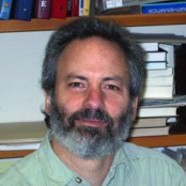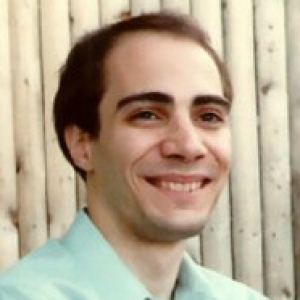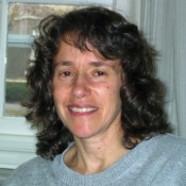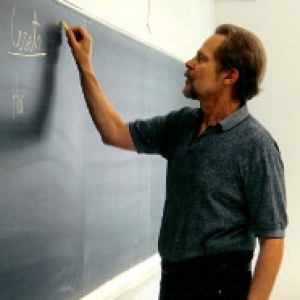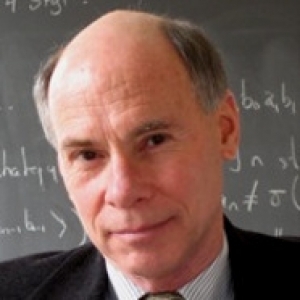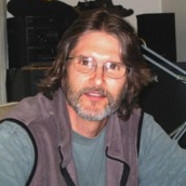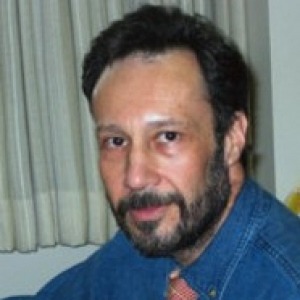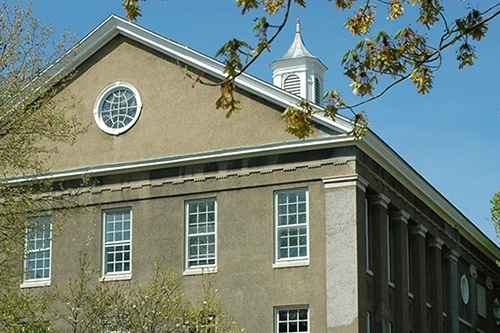Professor of Mathematics, Emeritus
Ph.D., SUNY at Buffalo, 1979
logic, set theory, fair division
I began my research career in set theory. In particular, my interests were in large cardinal theory, which is the study of very large infinite sets. After about fifteen years in this field, I moved into game theory, focusing specifically on fair division. This involves the allocation of goods among a collection of players, where the goals include both fairness and efficiency. I worked on both abstract existence results and on algorithms in this area. After about fifteen years in this field, I became interested in the ancient Greek foundations of modern mathematics. I developed a general education course on this subject, called “Ancient Greek Mathematics”.
